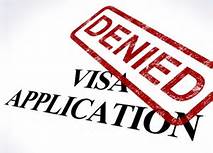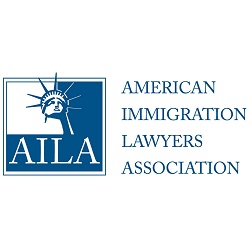With few exceptions, every visa applicant is interviewed by a consular officer at a U.S. Embassy or Consulate. After all available information is reviewed, the application is approved or denied based on U.S. immigration law. as is true for most U.S. Visas, the first time you apply has the highest likelihood that you will get accepted.
There are many reasons why a visa application may be denied. In some instances, the application is denied because necessary information or supporting documents were not submitted by the applicant. In other instances, the application is denied for more serious reasons. An applicant’s current and/or past actions, such as drug or criminal activities, as examples, may make the applicant ineligible for a visa.
If denied a visa, the applicant is given a reason based on the section of law which applies. In Vietnam, most U.S. visa applications are denied under INA section 214(b).
What does a visa denial under INA section 214(b) mean?
This law applies only to nonimmigrant visa categories. If you are refused a visa under section 214(b), it means that you:
- Did not sufficiently demonstrate to the consular officer that you qualify for the nonimmigrant visa category you applied for; and/or
- Did not overcome the presumption of immigrant intent, required by law, by sufficiently demonstrating that you have strong ties to your home country that will compel you to leave the United States at the end of your temporary stay. (H-1B and L visa applicants, along with their spouse and any minor children, are excluded from this requirement.)
What are considered strong ties to my home country?
Ties are the various aspects of your life that bind you to your home country. Strong ties vary from country to country, city to city, and person to person, but examples include:
- Your job;
- Your home; and/or
- Your relationships with family and friends.
While conducting visa interviews, consular officers look at each application individually and consider the applicant’s circumstances, travel plans, financial resources, and ties outside of the United States that will ensure the applicant’s departure after a temporary visit.
Is a refusal under section 214(b) permanent?
No. A refusal, or ineligibility, under section 214(b) is for that specific application, so once a case is closed, the consular section cannot take any further action. There is no appeal process. If you feel there is additional information that should be considered related to the visa decision, or there are significant changes in your circumstances since your last application, you may reapply for a visa. To reapply, you must complete a new application form, pay the application fee, and schedule an appointment for a new interview. Review the website of the U.S. Embassy or Consulate where you plan to reapply to learn about any reapplication procedures.
What can I do to try and avoid a visa application denial?
Your first application is going to have the best chance of success, so getting it right the first time is a big step towards achieving your goals. Therefore it is best to talk to a U.S. immigration lawyer before you file your application to help you identify and address issues that you may adversely affect your visa application. If you have already been denied a U.S. visa, contact us today to schedule an initial consultation with our U.S. licensed immigration attorney to find out how improve your application before reapplying.




